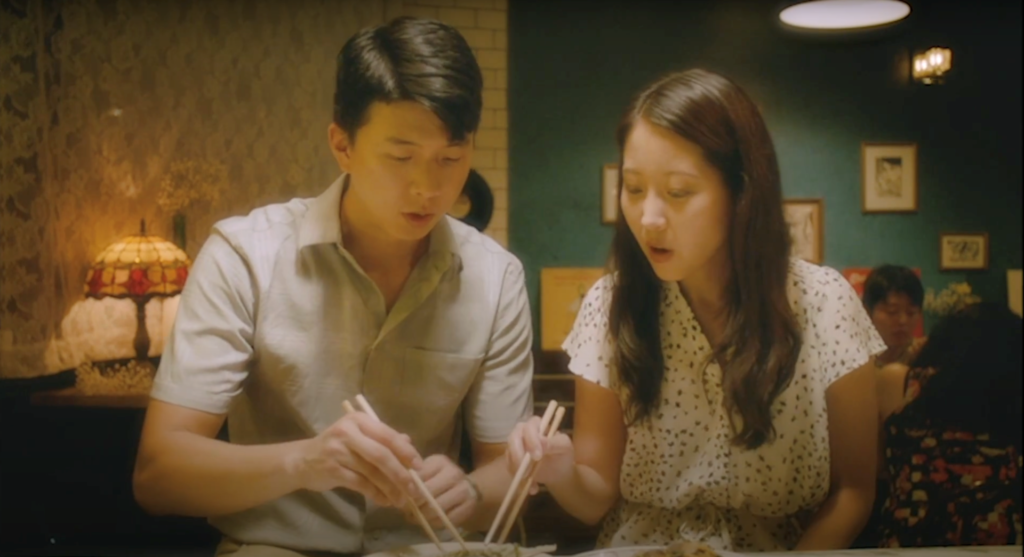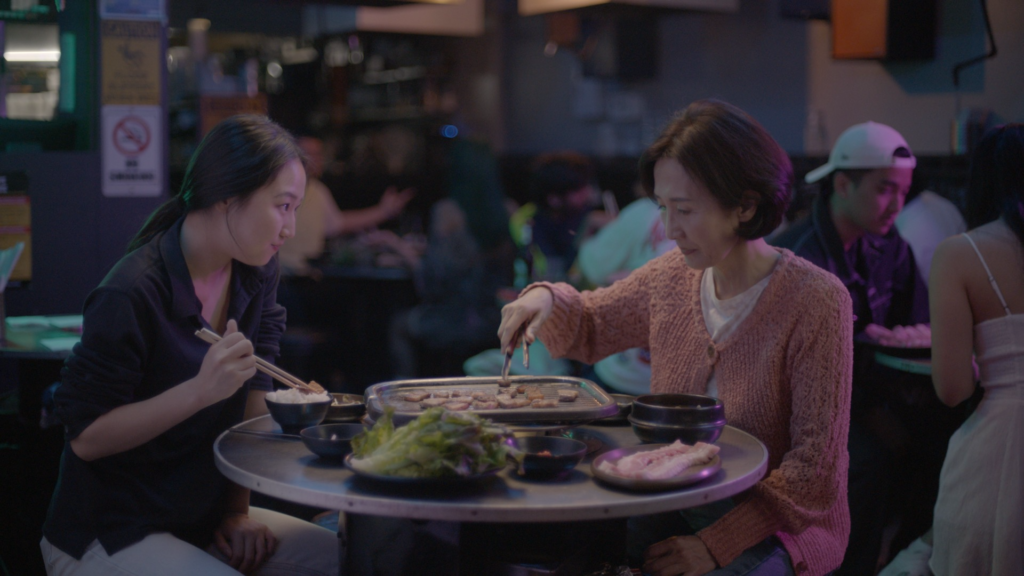In the vibrant tapestry of New York City’s bustling film scene, Korean-born filmmaker Ari Kim emerges as a distinguished talent, leaving an indelible mark with her artistry and vision. Ari, a beloved art director, has not only contributed her creative prowess to various cinematic projects but has also carved a niche for herself in the competitive world of filmmaking.
One of Ari’s notable achievements is her role as an art director for the experimental film “OlO” (2019), a cinematic gem that earned critical acclaim at the 2019 Cannes Global Short Film Awards. This groundbreaking work not only clinched the Best Special Effects award but also secured recognition as the Best Experimental Film. The accolades continued with finalist status at the 2019 Canada Shorts (Canadian International Short Film Festival) and an Award of Merit Special Mention in the Experimental category at the 2019 Accolade Global Film Competition. Additionally, “OlO” received official selections at esteemed film festivals such as the 2019 NewFilmmakers NY, 2019 YoungFilmmakers, and 2019 AltFest.
Ari’s artistic journey doesn’t end with “OlO.” She has also directed the film “KICHIN” (2019), a poignant short love story set against the backdrop of 1980s Korea. What sets Ari apart is her multifaceted role as an art director, which demands a profound understanding of the film’s narrative and setting.

In the case of “KICHIN,” Ari faced the intriguing challenge of transforming a Brooklyn restaurant into an authentic representation of 1980s Korea. This undertaking required extensive research into the cultural and historical nuances of that era, from meticulously selecting vintage items to crafting bespoke posters. As an art director, Ari shouldered the responsibility for every visual element in the film, ensuring a seamless blend of authenticity and creativity.
The allure of being an art director lies in the power to shape the visual narrative of a film, where every choice becomes a brushstroke on the canvas of storytelling. For Ari, filmmaking is about weaving a tapestry of emotions and meanings through her meticulous decisions. Her background in fine art has fueled her attraction to the power and narration that film provides. In her painting history, she contemplated the potency that small works, as tiny as size 100 or a fingernail, possess. The question of how a single work can hold enough strength to captivate an audience for an extended period led her to the enchanting world of film. Unlike video art in exhibitions, where viewers swiftly pass by after just eight minutes, films have the remarkable ability to captivate an audience for two to three hours. Ari found herself enchanted by the substantial power that works showcased in cinemas hold, leading to a profound love for this captivating medium.
Ari’s Korean heritage significantly influences her work, prompting her to delve into Asian-based film projects in the heart of New York City. Her unique perspective brings a fresh and authentic voice to the diverse cinematic landscape of the city.

Her upcoming film, “All I Wanted to Say Was” (2024), directed and starring Julie Shin, delves into the complexities of a young girl’s loneliness in New York, reuniting with her mother from South Korea to confront their fractured relationship. In this food-centric narrative, Ari’s Korean background plays a pivotal role as she skillfully recreates authentic Korean cuisine against the backdrop of New York City. In Korean culture, food carries significant meaning, symbolizing love and connection.
For instance, the book “Crying in H Mart” written by Michelle Zauner shares her experiences growing up as a biracial Korean-American, exploring themes of identity, grief, and cultural belonging. The title refers to her emotional experiences while shopping at H Mart, a chain of Asian supermarkets. The essay and memoir delve into Zauner’s relationship with her Korean mother, the impact of her mother’s illness and death from cancer, and the role of food and cultural connections in coping with loss.
In Korean culture, food and shared cultural experiences serve as a means of connection and healing. Therefore, in “All I Wanted to Say Was,” warm cooked food from her mother, cold rice cakes that her mother bought 14 hours before the flight to New York, or well-cooked Korean Barbeque yielding to each other became expressions of love in the film. As an Art Director, these culinary elements held great meaning for the director, making them a focal point throughout the film.
As Ari Kim paves the way for herself in the dynamic world of filmmaking, her commitment to storytelling, cultural authenticity, and the art of choice sets her apart as a rising force in the cinematic realm. With her upcoming project promising a feast for the senses, Ari’s artistic journey is one to watch, as she continues to captivate audiences with her unique storytelling prowess and artistic finesse.
